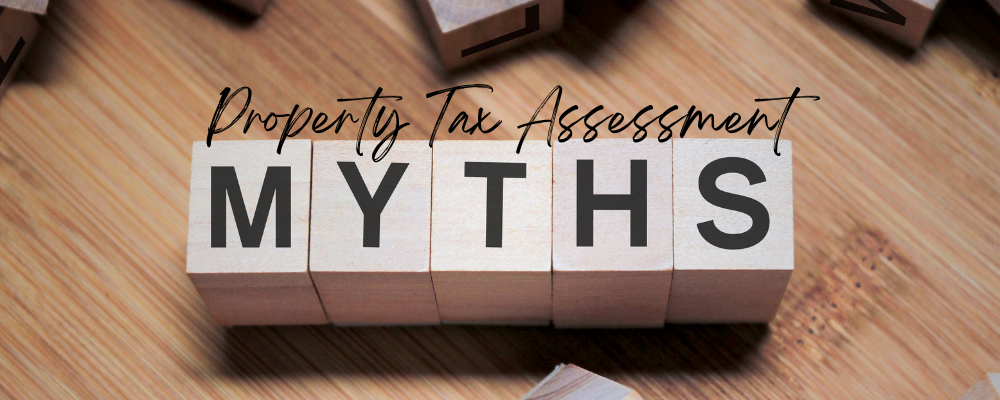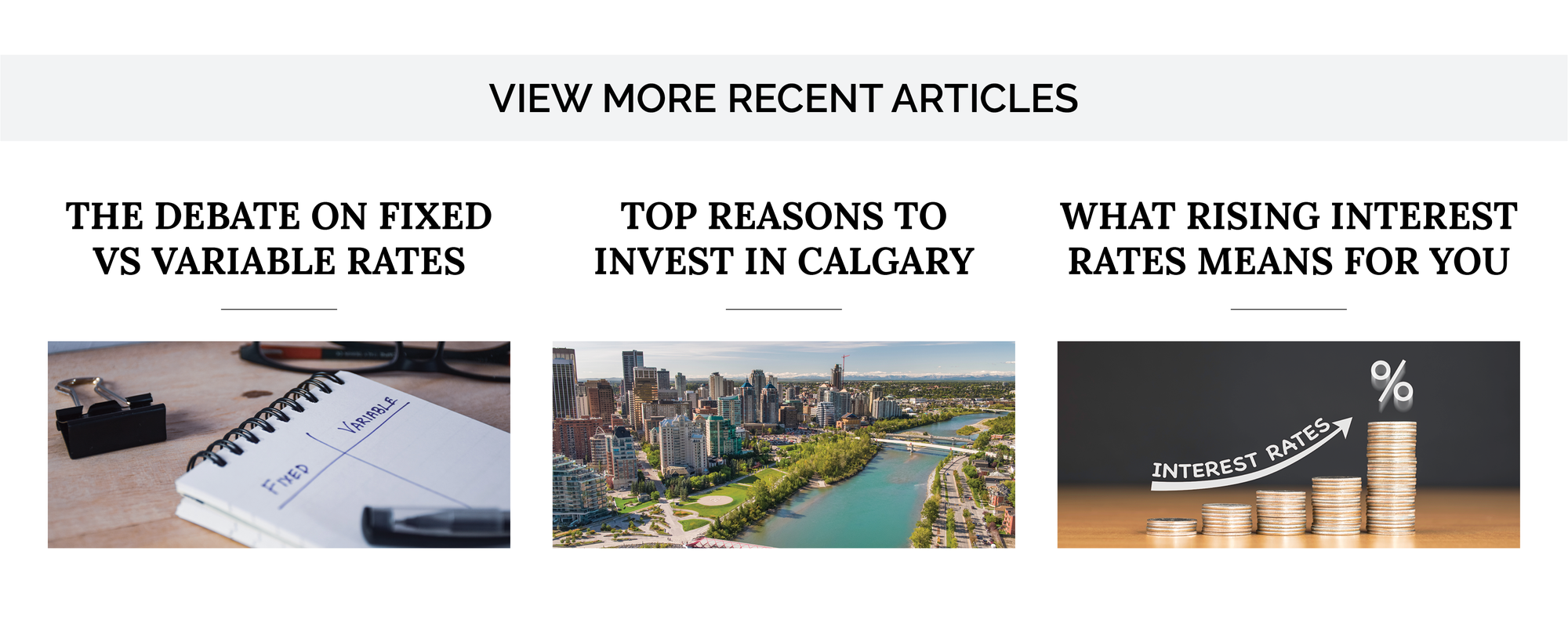
MYTH 1: The city has all the information they need about your property to prepare an accurate assessment of value.
FACT: The city has only basic info about your property!
This is especially true if your home hasn’t been sold recently on MLS (multiple listing service). The city doesn’t always know about the renovations you have done (unless you pulled a permit), how fancy those renovations were, what kind of condition your house is in, how many beds/baths etc. They only know basics like home and lot size and how it looks on the exterior during a drive-by.MYTH 2: Tax assessments are the same as a market evaluation or bank appraisal.
FACT: Tax assessments are NOT the same as a bank appraisal or formal market evaluation!
Appraisals and market evaluations (if done by a qualified Realtor) both involve looking at a property in detail, evaluating its features and condition inside and out, and preparing a detailed evaluation comparing it to the recent sales in order to determine fair market value. The City however, prepares their tax assessments en masse with the assistance of algorithms and average pricing statistics. Think about it - it's not realistic for the City to produce a detailed assessment for every single property in Calgary once per year!MYTH 3: Property Tax Assessments are an accurate reflection of market value.
FACT: Tax Assessments are done for one purpose: to estimate a value on which to base taxation.
Property tax assessments can be wildly off-base both above or below true value, often times for the reasons we have outlined above! Every year, we see properties sell way above, or way below their assessed values, sometimes to the tune of hundreds of thousands of dollars.
MYTH 4: Different neighborhoods are taxed differently.
FACT: No! All properties are taxed at the same rate according to assessed value.
For some reason, some people seem to think that different neighborhoods in Calgary are taxed differently, and try to avoid certain "high tax" areas. This is quite simply just false. All properties are taxed at the same rate in Calgary, with the only variable being assessed value, which is supposed to be based on property value. That's it!
MYTH 5: If my assessed value goes up, so will my taxes.
FACT: Not necessarily!
What matters is not the actual value of your assessment but how your property has changed in value relative to the rest of the city combined with the city budget requirements that year.For example:
If on average, all the tax assessments in the city went up by 10% in a given year, but your assessment only went up by 5%, you may actually pay less tax this year than last because your value increased by a lower percentage than the average. If, however, your tax assessment went up by 15%, then you will probably see an increase in your taxes because your value went up relative to the rest of the city.

To properly explain why rising assessments don’t always lead to rising taxes, we need to explain how property taxes are calculated in Calgary.
THE DEEP DIVE - HOW PROPERTY TAXES ARE CALCULATED:

THE MILL RATE
Every year the City sets a budget and outlines the revenue required to be pulled in from property taxes. They also calculate the total value of all assessed properties in the tax base. A "mill rate" is then established by dividing the total funding required from taxes by the total value of all assessed properties, so the mill rate is the amount required to be paid in property taxes for every $1 of assessed value. The mill rate changes each year depending on funding requirements and total assessed value. In 2023, the mill rate in Calgary was 0.0065718.
Every year the City sets a budget and outlines the revenue required to be pulled in from property taxes. They also calculate the total value of all assessed properties in the tax base. A "mill rate" is then established by dividing the total funding required from taxes by the total value of all assessed properties, so the mill rate is the amount required to be paid in property taxes for every $1 of assessed value. The mill rate changes each year depending on funding requirements and total assessed value. In 2023, the mill rate in Calgary was 0.0065718.
Here is an example of how three different properties' tax rates might respond to changing property assessment values.
YEAR ONE
Let's assume that in this year, there are 100 properties in the city with a total assessed value of $100 Million, and that the city requires $1 Million in funding from property taxes. This produces a simple mill rate of 0.01 ($1Million divided by $100 Million).
- Property 1 is assessed at $500,000. Their property taxes = $5,000 ($500,000 x 0.01)
- Property 2 is assessed at $750,000. Their property taxes = $7,500 ($750,000 x 0.01)
- Property 3 is assessed at $1,000,000. Their property taxes = $10,000 ($1,000,000 x 0.01)
YEAR TWO
For simplicity, let's assume that in year two the City still needs $1-million in property taxes, but property values went up this year, and now total assessed values have risen to $110-million (increased a total of 10%). In year two, the mill rate would be 0.0090909 ($1,000,000/$110,000,000 = 0.0090909).
Let's assume the following hypothetical changes to the assessed value of our example properties and see how taxes are impacted:

- Property 1 remains assessed at $500,000. In this case, their property taxes go DOWN from $5,000 to $4,545 ($500,000 x 0.0090909) as their property value did not rise in line with the city average of 10%.
- Property 2's assessed value goes up by 7% , from $750,000 to $800,000. In this case, even though their assessed value has gone up, their property taxes actually go DOWN from $7,500 to $7,272 ($800,000 x 0.0090909) as their 7% property value increase is still not in line with the city average of 10%. .
- Property 3's assessed value goes up 50%, from $1,000,000 to $1,500,000. In this case, as their property value has risen more than the market average of 10%, their property taxes go UP, from $10,000 to $13,636.35 ($1,500,000 x 0.0090909).

MYTH 6: There is no use fighting a tax assessment.
FACT: The city regularly reviews appeals to property tax assessments and will revise an assessment if there is adequate data to warrant it.
We can help! If you think you may have been over-assessed, reach out and we can help put together proper review to give you the data you need to know if a review is warranted, and whether it is worth your time to go through the process!
Want more information about whether your tax assessment is too high?
Check out our blog: TAX ASSESSMENT TOO HIGH?




